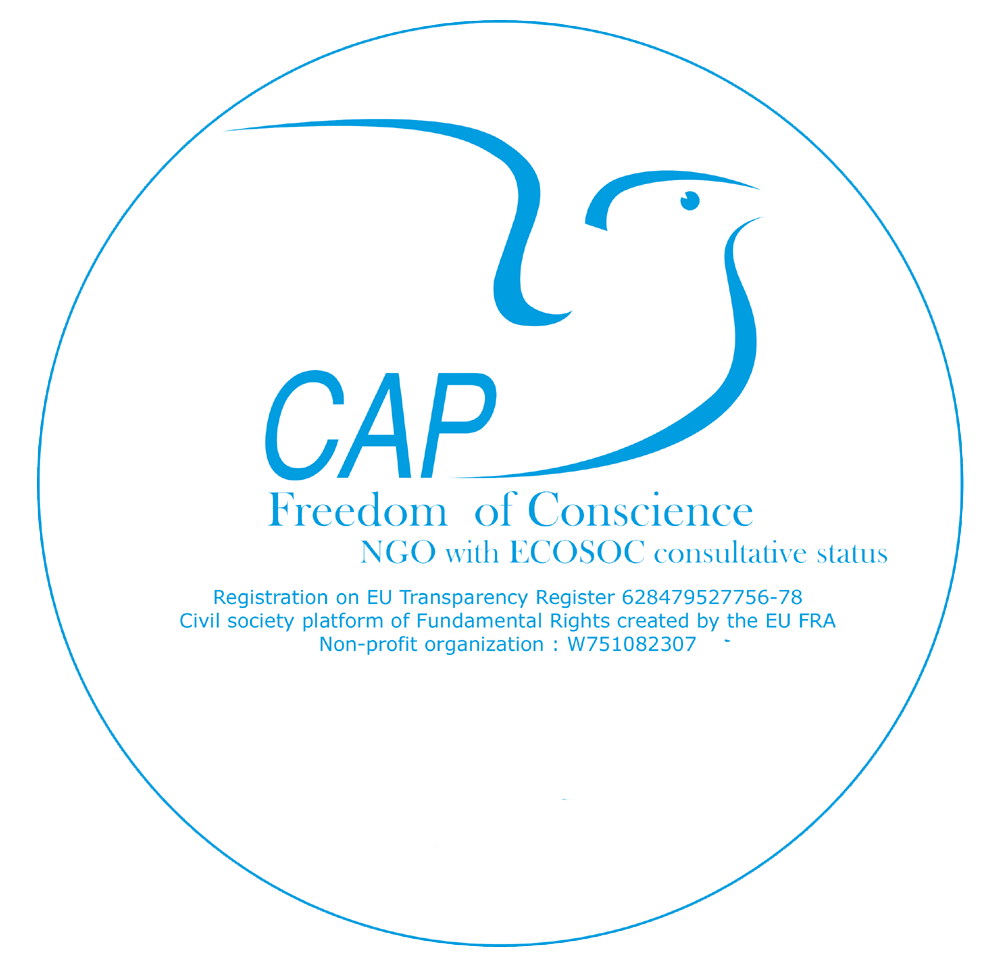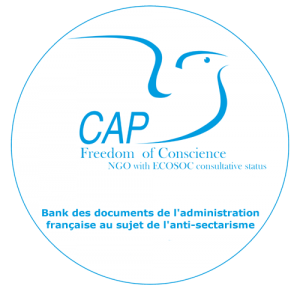On the 8th of October 2024, at the Warsaw Human Dimension Conference hosted by CAP Liberté de Conscience a side-event was held to discuss the challenges faced by Ahmadi refugees in Europe. The discussion was led by two speakers – Willy Fautré from Human Rights Without Frontiers and Nasim Malik, from Sweden who also General Secretary of the International Human Rights Committee (IHRC).
Willy Fautré first pointed out the oppression experienced by the Ahmadiyya community in Pakistan. He elaborated that Ahmadis have been labeled as “non-Muslims” by the authorities resulting in discriminatory regulations and actions that infringe upon their fundamental human rights. Ahmadis are forbidden from engaging in customs, such, as exchanging greetings with “Assalamu Alaikum,”and have been prosecuted for participating in rituals, like animal sacrifice during Eid al Fitr.”
M Nasim Malik spoke in detail, about the challenges faced by the Ahmadis in Pakistan. He pointed out that the conditions have deteriorated following the remarks made by UN Special Rapporteurs on July 25th of 2024; indicating that the authorities are persistently destroying Ahmadi mosques and disrespecting their burial grounds. M. Nasim Malik stressed that not do extremist factions target the Ahmadis but governmental bodies, the judiciary and civil society contribute to their persecution.
The individuals sharing their thoughts showed a worry, for the Ahmadis in Pakistan who are being taught in schools to regard their own community as “frauds” and “at risk of harm.” M. Malik explained how Ahmadi students endure ostracism and loneliness and often hesitate to confide in their parents, about their struggles to prevent causing them more anguish.
He also pointed out the difficulties that Ahmadi asylum seekers encounter in Europe—, in Germany and Sweden—where their applications are frequently denied or postponed despite the deteriorating conditions in Pakistan. He compared this to the friendlier reception Ahmadi asylum seekers receive in countries such, as the Netherlands the United Kingdom, and Canada, where they have been able to seek shelter.
The additional gathering served as an opportunity to shed light on the oppression faced by the Ahmedi Muslim community and the critical importance of shielding Ahmadi refugees from being sent to Pakistan where their safety and basic rights are, at risk. The speakers urged for support and measures to defend the rights of this marginalized minority group.






